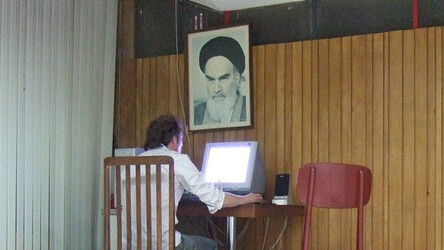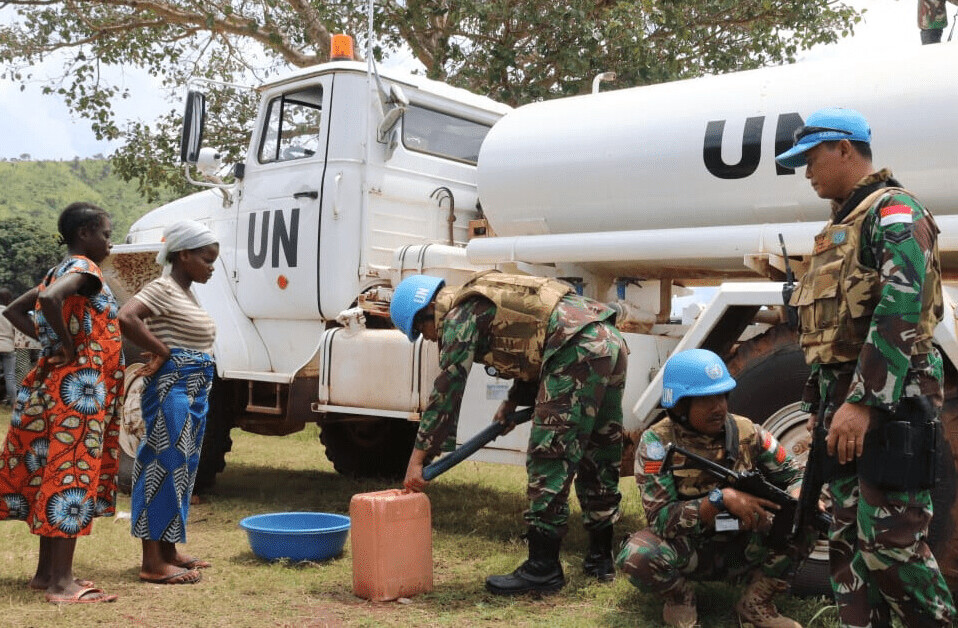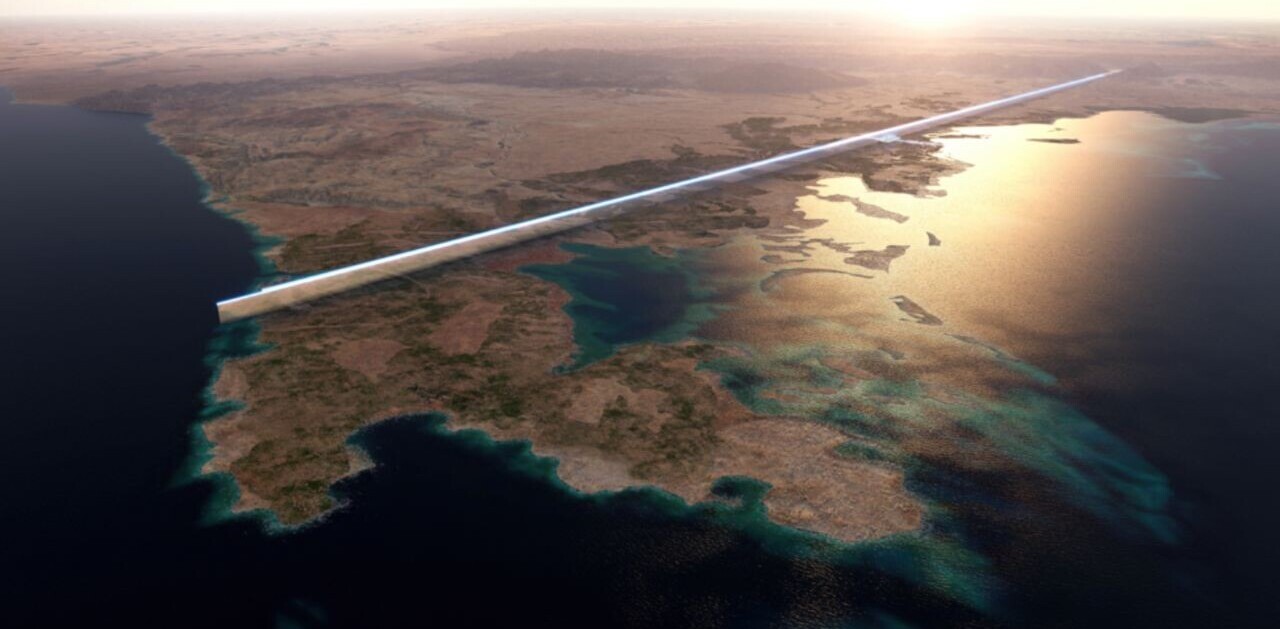
The latest figures from ViewDNS underline the poor state of access to the internet for citizens in Iran. The country is second only to Israel for the percentage of the population with Internet access in the Middle East, but strict moral values and a watchful eye over access to dissent or criticism means that around 27% of all internet sites are blocked.
ViewDNS took the top 100 sites in each category as listed in Alexa’s ‘Top Sites’ directory and tested access to these sites from an Internet connection in the Islamic Republic of Iran.
From the topic scope of websites that are blocked, it is not surprising that adult sites and the arts lead the way. Many, but not all sites of this nature are likely to conflict with Iran’s moral code.
In the news sector 32% of the world’s top news sites are blocked. Currently, BBC News, The Guardian, Fox News, The Huffington Post and the New York Post sites are blocked, but interestingly CNN, Reuters, The New York Times and Bloomberg are still accessible.

Iran’s history when it comes to censorship of the press is renowned. Reporters Without Borders counts press freedom violations in Iran in real time, painting a grim picture for access to information. The Committee to Protect Journalists notes that the internal crack down on journalists was particularly hard before the elections at the start of March. So it does not come as a surprise that international news sites would be blocked.
Curious choices
There are some inconsistencies and unusual choices among the blocked sites in this survey. For example, social book recommendation site, Goodreads has been blocked along with MapQuest but Googlemaps is available.
From this report it seems that one in every four sites on the internet is inaccessible to users in Iran. The government is already working on a closed internet to replace access to the web in a similar action to that in North Korea.
With this level of site blocking, it would not be a surprise to know that many Iranian citizens turn to virtual private networks (VPNs) in order to access the wider web and continue to create high quality and interesting content. How they will negotiate an isolated national network is a different matter.
If you want to check for yourself, ViewDNS has published their raw results and you test to see if your site is blocked in Iran here.
Get the TNW newsletter
Get the most important tech news in your inbox each week.




